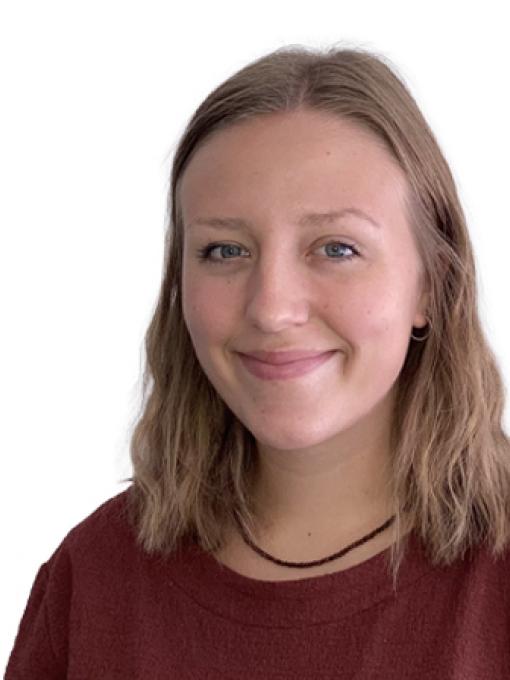What does the next generation of leadership look like in the Religious Society of Friends? What is the role of current leaders in Quaker meetings and organizations in nurturing that leadership? These are some of the questions that Executive Director of Beacon Hill Friends House (BHFH) Nils Klinkenberg and FCNL’s General Secretary Diane Randall discussed with Friends in an event hosted by New England Yearly Meeting (NEYM) on Nov. 1.
Diane and Nils connected their experience among Friends with these questions. In Diane’s decade with FCNL, she has strengthened the institution’s young adult programs, inviting existing Friends in and introducing new people to this community. Nils, a self-identified “former YAF” (young adult Friend), has increased youth voices in BHFH’s programming. He is deeply interested in how to support young adult Friends in their transition from youth to adulthood.
Centering Faith and Practice
Quaker faith and practice point us to listen deeply to one another, regardless of age, as beloved children of God. This, Diane said, should push meetings and churches to pay attention to the degree of belonging everyone in the community feels.
Nils expanded on this, saying “I would come back [to a meeting] because someone else cared that I was there and saw me as a real person.”
By supporting the young adults who are already part of Quaker spaces, we can create a fulfilling and sustainable community. This inclusive leadership is vital to retaining and celebrating young Friends.
What does “leadership” mean?
The conversation repeatedly circled back to the question of what “leadership” means. How does an individual know when it’s time to step up as a leader, and when it’s time to step aside?
Both Diane and Nils noted that leadership is not the same as being in charge or having a title. Rather, it involves encouraging others in ways that bring out their strengths. This tied into what generational change looks like in a Quaker context; the next generation of Quaker leadership may not look the same as the current generation, not only in terms of age, but gender, race, and sexuality. It is important to be open to the new forms already blossoming.
Diane and Nils acknowledged the importance of inspecting our overall whiteness as North American Quakers and interrogating how that affects generational change and our place as a community in the world.
Looking to the Future
Quakers ought to embrace the opportunity for change, which might just result in younger adults staying in and being drawn to our community. Nils pointed out that the way we do things often appears rigid; reflecting on existing norms, and what may need to change, is critical for nurturing a thriving Religious Society of Friends.
This event included significant community engagement; throughout the hour, the Zoom chat was active with people sharing their own experiences, feelings of hope and hopelessness on this topic, and questions for the panelists. The audience had many suggestions for how Quaker structures and traditions can change to create an inviting community. This communal buy-in gave me hope for a Quakerism that can weather generational change with grace.
Watch the event recording or listen to the podcast of this event here!
